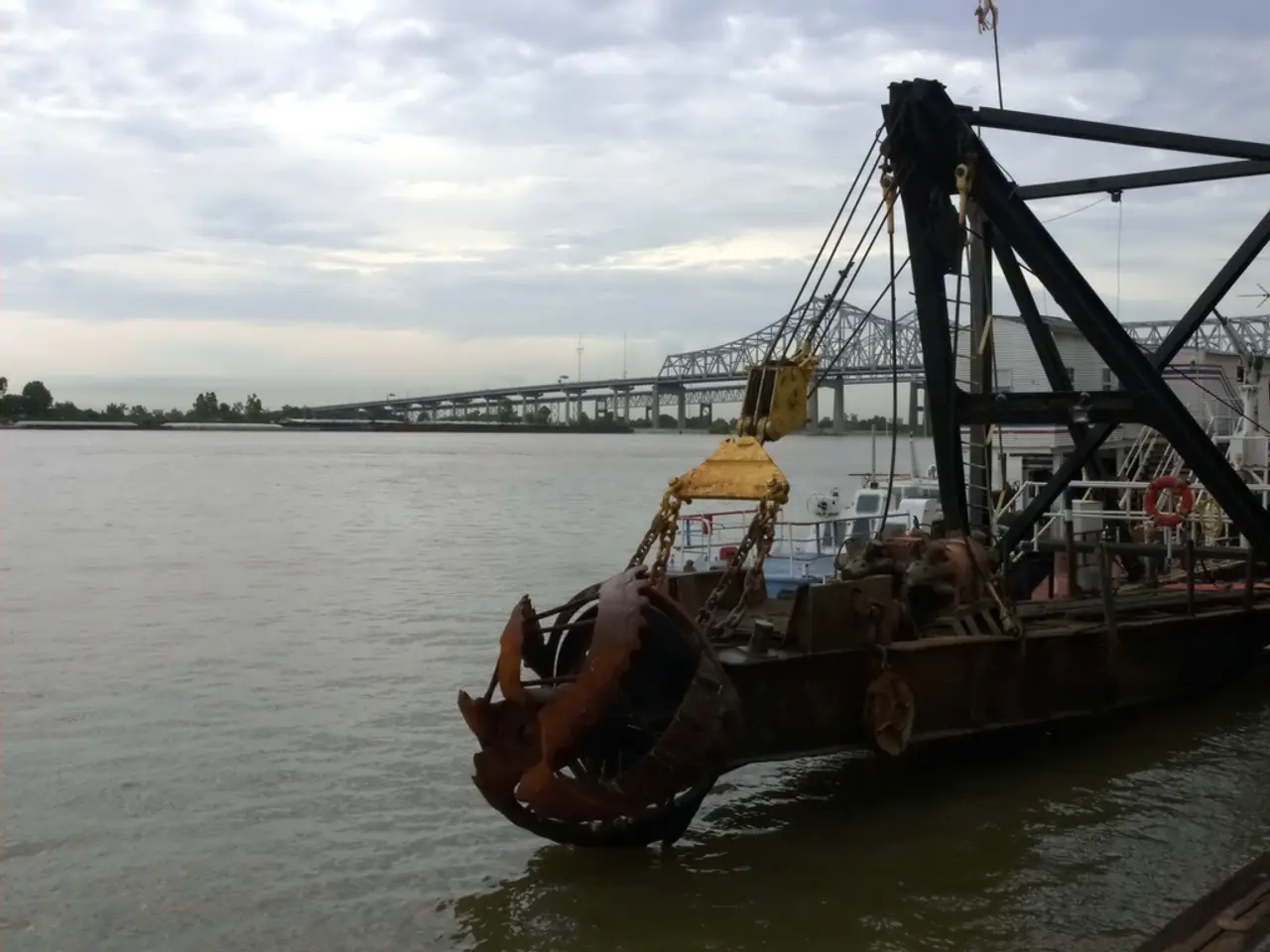International authorities have no jurisdiction to adjudicate over India's water dispute with Pakistan, according to India's stance.
The International Court of Arbitration has made a ruling on the dispute between India and Pakistan regarding the Indus Waters Treaty, a legal agreement concerning the management of water resources between the two countries. Last week, the court declared its rulings to be final and binding on both nations, reaffirming its competence to arbitrate the dispute despite India's suspension of the treaty and rejection of the tribunal's legitimacy.
Specifically, the court ruled on June 27, 2025, that India's unilateral decision to hold the treaty "in abeyance" after the April 2025 militant attack does not affect the court's jurisdiction or authority to hear the case initiated by Pakistan. On August 8, 2025, the court issued a binding award interpreting parts of the treaty in favor of Pakistan, requiring India to allow the flow of water from Western rivers for Pakistan's use. The court emphasized that exceptions for Indian hydroelectric projects must strictly follow treaty provisions rather than India's own interpretation or desired best practices.
However, India rejects the court’s legitimacy and authority, describing the tribunal as "illegally constituted" and stating it has "no existence in the eye of law." The Indian government declined to participate in the arbitral proceedings and does not recognize the rulings. India maintains that its suspension of the treaty was a sovereign response to terrorism allegations and that the arbitration tribunal cannot override that decision.
In summary, while the International Court of Arbitration exercises its authority under the treaty framework and its rulings are legally binding in international law, India's position is that the court lacks legal legitimacy and its award is not binding on India. Pakistan, conversely, regards the rulings as valid and enforceable. This disagreement reflects a contested legal and diplomatic situation, with the court’s rulings upheld by international arbitral procedure but contested in practice by India.
The rivers in question, flowing west into Pakistan, are the focus of the court’s ruling last week regarding the Indus Waters Treaty. The dispute over the ruling on the Indus Waters Treaty by the International Court of Arbitration is being disputed by India's foreign ministry. It is important to note that India has never recognized the legitimacy of the International Court of Arbitration.
The ruling on the Indus Waters Treaty by the International Court of Arbitration is significant as it pertains to India's compliance with the treaty in the design of hydro-electric power stations on rivers flowing into Pakistan. The court's ruling last week specifies that India must adhere to the treaty in the design of these power stations. The ruling is specific to the design of hydro-electric power stations on rivers that flow into Pakistan.
The ruling on the Indus Waters Treaty by the International Court of Arbitration is not being accepted by India, with the foreign ministry stating that the court's ruling on the treaty is not valid. This disagreement between India and Pakistan highlights the complexities of international water disputes and the importance of adhering to treaty obligations.
References:
- The Hindu
- Al Jazeera
- Reuters
- The Times of India
- BBC News
Read also:
- Weekly happenings in the German Federal Parliament (Bundestag)
- Southwest region's most popular posts, accompanied by an inquiry:
- Discussion between Putin and Trump in Alaska could potentially overshadow Ukraine's concerns
- Tinubu's administration allegedly causing issues within every political party as Peter Obi's name surfaces - Obidient Movement asserts




